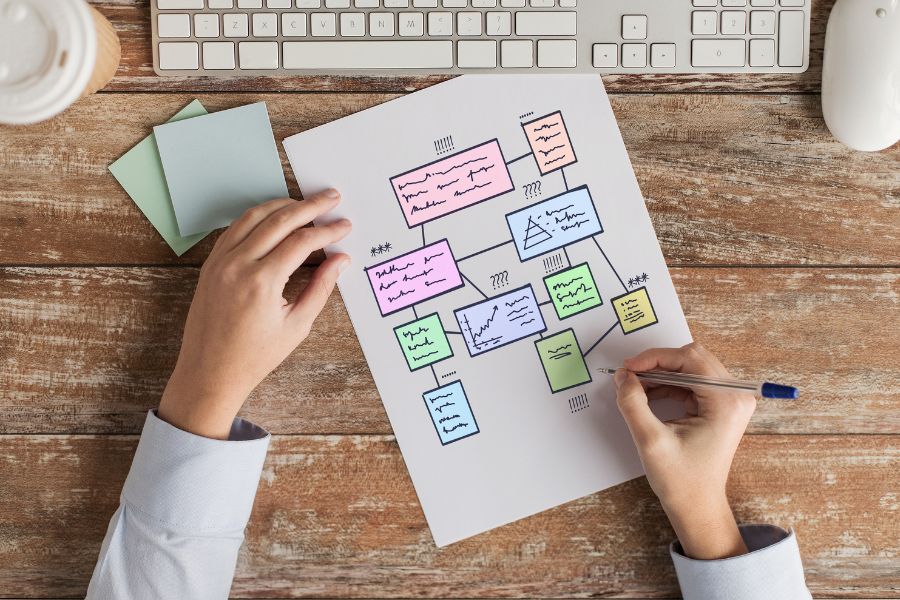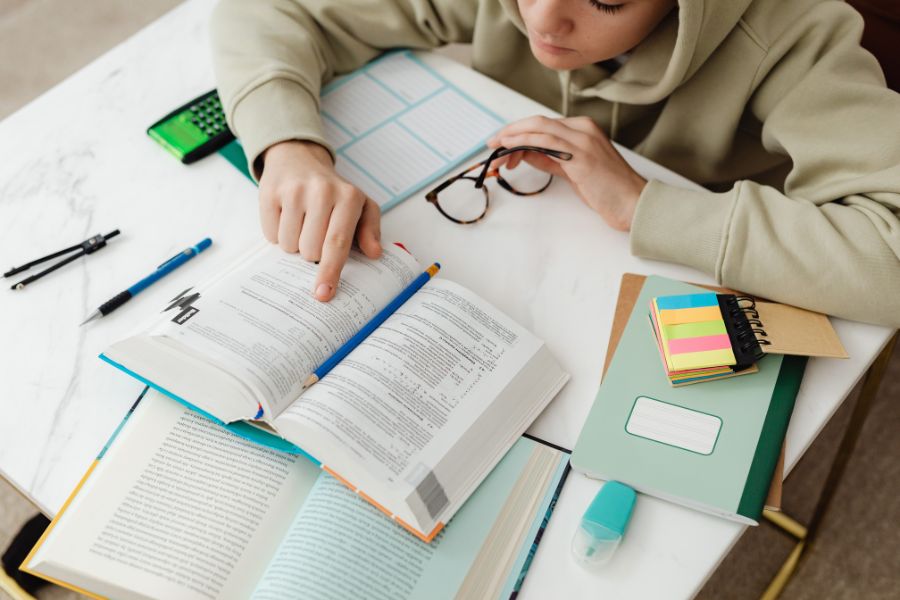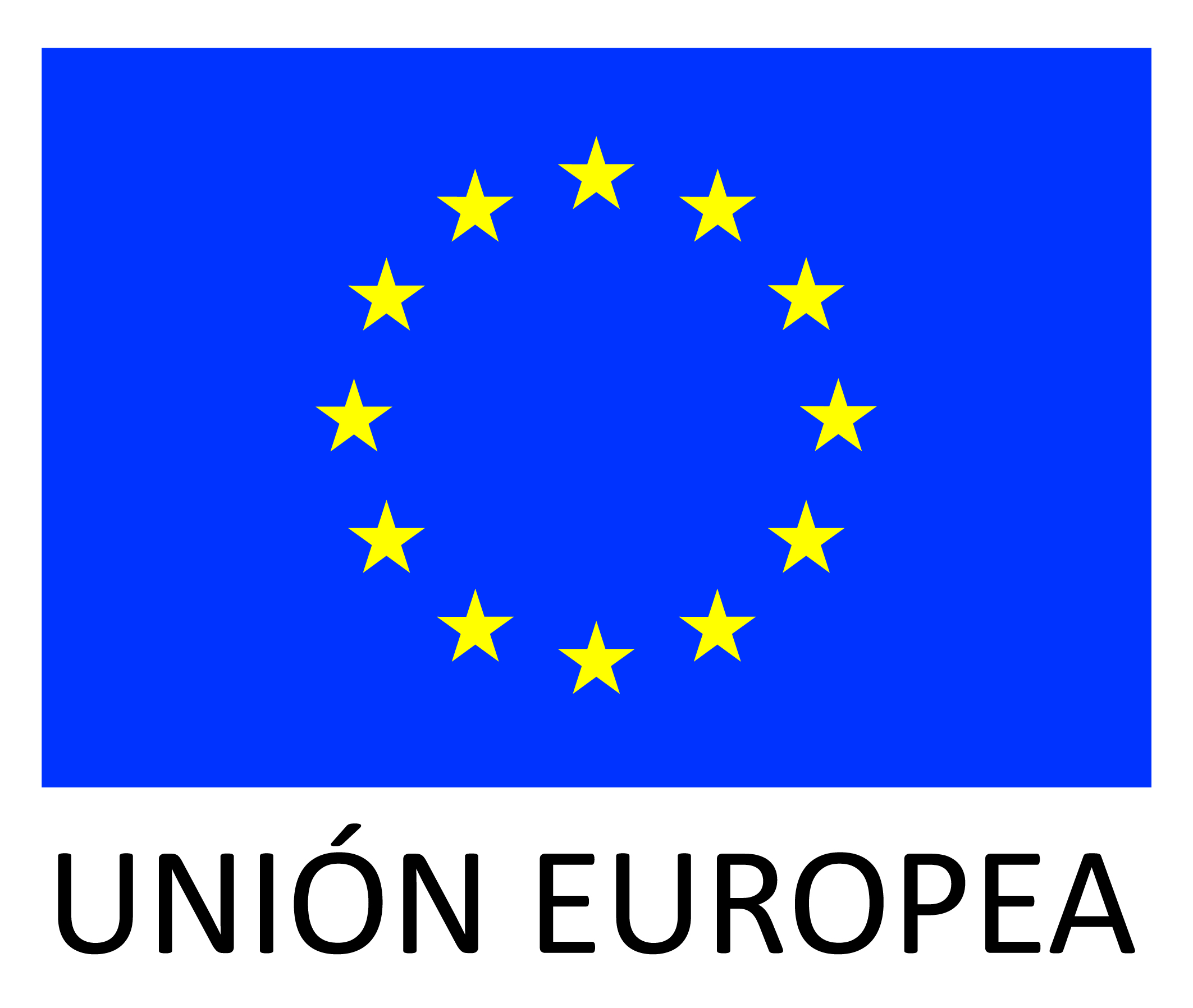The new academic year is approaching and you are probably wondering how you will be able to face university and what study techniques you will have to apply to pass the subjects. That’s why Unihabit brings you the complete guide on study techniques so that you can familiarise yourself with them and apply them from the first day of classes.
What are study techniques?
Study techniques are strategies that allow students to have easy study habits and help them in the learning process. Study techniques can be applied at any level of education, be it ESO, baccalaureate, university, master’s degree or competitive examination.
There are different study techniques so they can be adapted to the needs of each student and thus not only facilitate their study but also improve their performance.

Types of study techniques
How do you know which study technique works best for you? At Unihabit we recommend that you put into practice as many of them as possible during the first few days of classes. This way, you will know which technique works best for you and which one you will have to apply for the rest of the course. Keep in mind that what works for you doesn’t necessarily work for someone else!
Discover the different study techniques below:
Study techniques for synthesising information
Synthesising information is one of the most important parts of the study process, as it allows us to select the most relevant information and create smaller and more concrete information systems. In this way, it allows us to understand what we are studying and to have optimised materials to study and review, improving performance and results. In this type of study techniques there are different typologies such as:
- Summary. Shortening the content to be studied will optimise study time. To make a good summary, you must actively read the text you want to summarise. It is one of the most extensive and complete techniques without the need to resort to content that has been left out.
- Outline. It is totally complementary to the summary, but in a graphic representation of the most important ideas and concepts of a text. In an outline, the relationships and hierarchy of concepts are represented. In the outline, only the minimum possible information is used, without long texts, only using concepts and main ideas. The outline provides an overview of everything that has been studied.


- Mind maps. This technique is very similar to the schemes, however, these start from a central concept from which branches are born that associate the different concepts and ideas related to the main topic. This technique is very visual so it facilitates the study with a single glance that allows to obtain a great amount of information.
- Study cards. This is another very visual technique in which the most important information can be synthesised by means of cards. On one side you write the concept to be developed and on the other side the developed concept. While creating the flashcards, you will be holding back key information and concepts and at the same time, you will be creating a little trivia yourself, a fun way to review before the exam.
Study techniques for memorising
In order to memorise information that has been previously synthesised, there are different study techniques:
- Mnemonic rules. These are memorisation techniques based on mental association that facilitate the memorisation of concepts and information. This technique allows concepts to be memorised by means of songs, word games, relations with absurd ideas and images. This technique allows the brain mechanisms to be put into practice in order to retain a large amount of information in a simple way.
Study techniques for organisation and planning
Organisation and study planning are two key factors that are fundamental to being a good student. Proper organisation will allow you to complete more tasks in less time. From Unihabit we offer you the following tips:
- Create your own monthly calendar
- Plan yourself weekly
- Complete your daily tasks

How to maximise study in our Unihabit residences?
In our Unihabit halls of residence you will not only find a place to live, but you will also find the ideal environment to study and pass your university credits. During your stay at the Unihabit residence hall you will be able to:
- Enjoy the communal study areas. Our study rooms are fully equipped so that you can apply the different study techniques without distractions.
- Good climate and university atmosphere. At Unihabit you will find a quiet and pleasant environment in which to study. In addition, the accessibility of the study rooms at flexible times will allow you to adapt your study session to your own personal pace.
- Leisure and recreational activities. At Unihabit we understand how important it is to maintain a good balance between studies and leisure, so throughout the academic year we offer you different recreational activities that will allow you to disconnect and recover your energy.

In our university residences you will find the best environment for studying and you will have great support from our team throughout the academic year. Enjoy Unihabit’s facilities and get the most out of your subjects thanks to our study techniques!





